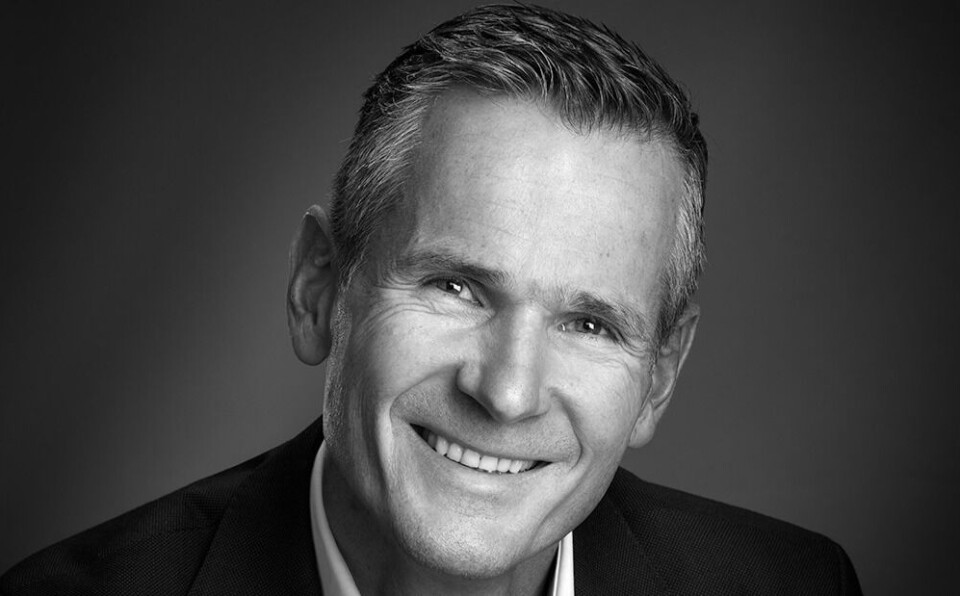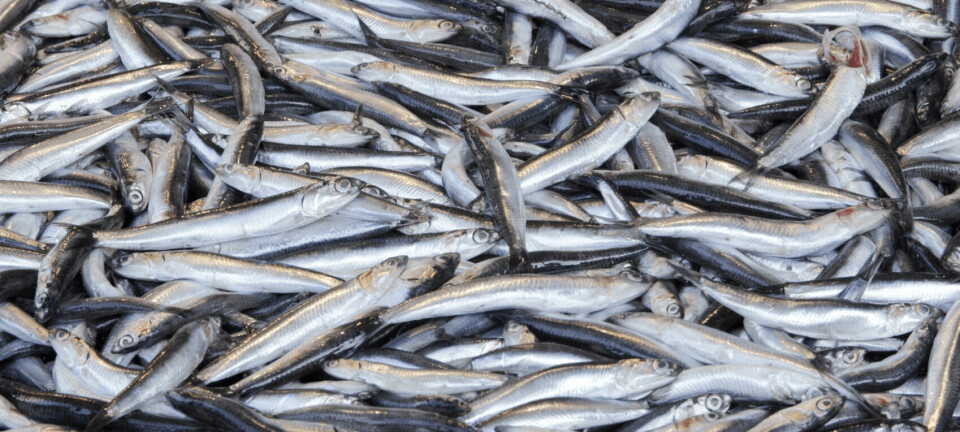
Salmon farmer invests in fish sludge biotech firm
Norwegian biotechnology company Hyperthermics AS, which uses heat-loving bacteria to speed up decomposition of fish farm sludge for biogas and protein production, has attracted two major investors with interests in aquaculture.
Måsøval Eiendom is the parent company of salmon farmer Måsøval Fiskeoppdrett, and Farvatn Private Equity has investments in Molo, which makes microencapsulated feed products substituting the use of live feed, especially artemia and rotifers, in the early stages of fish and shrimp larval production, and in sludge processor Blue Ocean Techology.
It also has a stake in Evoy, which designs, develops and manufactures powerful 100% electric motor systems for commercial and leisure boats.
Farvatn and Måsøval hold approximately 11% of the shares in Hyperthermics AS.
Waste to resource
“Both Farvatn and Måsøval are involved in aquaculture and fish farming,” said Hyperthermics chief executive Erlend Haugsbø in a press release.
“The aquaculture industry is investing heavily in becoming greener, and our solutions contribute, among other things, to transforming fish sludge into a valuable resource.”
Hyperthermics’ technology is based on “hyperthermophilic” bacteria that live in extreme environments like hot springs near submarine volcanoes and other naturally heated sources.
The company’s primary markets are biogas producers and closed and land-based aquaculture facilities.
Tore Hopen, chief of Farvatn Private Equity, said: “Climate, environment, and energy are very relevant topics. We believe in Hyperthermics’ unique approach to converting waste into climate‐neutral energy and proteins.”




















































